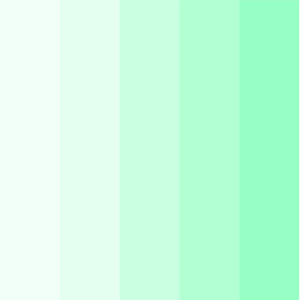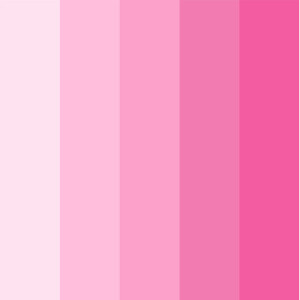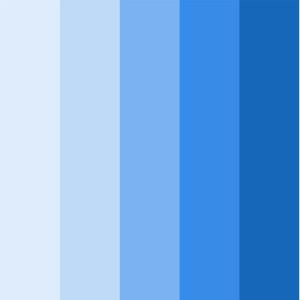Let's go back to school for a moment and learn about primary colours, secondary colours, tertiary colours, and a few more terms. Don't worry, there's no test at the end ;-)
Cannot be made by mixing any colours. All other colours are made using a mix of these three colours:
Blue
Red
Yellow
(Primary colours can also be classed as Cyan, Magenta and Yellow)
Made by mixing two primary colours together:
Violet (blue and red)
Orange (red and yellow)
Green (yellow and blue)
Made by mixing a primary colour with a secondary colour:
Red-Violet (e.g., royal purple, wine)
Red-Orange (e.g., burnt orange, rust)
Yellow-Orange (e.g., egg yellow, amber)
Yellow-Green (e.g., lime, electric green)
Blue-Green (e.g., teal, turquoise)
Blue-Violet (e.g., periwinkle, indigo)
It’s important to choose colours that go well together, otherwise the cake will look too busy and could be a bit of an assault on the eyes!
The colour wheel is a handy tool to help you choose which colours will go nicely together. At its most basic, it shows all the primary, secondary and tertiary colours. By using this wheel and knowing a few of the ways to put colours together, you can be sure that you’ll create a pleasing colour palette.

Three colours evenly spaced around the wheel. Creates a harmonious, colourful palette.

Two colours that are directly opposite each other on the colour wheel. Red and green; orange and blue; and yellow and violet, for instance. Colours appear brighter against each other, creating a bold look.

A colour and the two colours either side of its complementary. So, in this instance, Blue-Green is our starting point. Its complementary colour is Red-Orange. The colours either side of this are Orange and Red, making the triad Blue-Green, Red and Orange. Another example would be Yellow, Green and Red-Violet.
Creates less contrast than complementary colours and provides a slightly more harmonious palette.

A group of colours that are next to each on the colour wheel. Creates a calm and cohesive colour palette.
Choose a colour and lighten or darken it to create different tints and shades.


